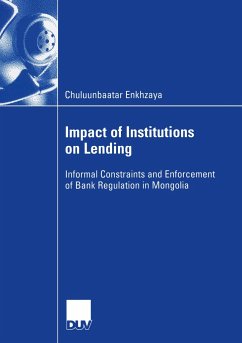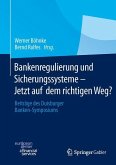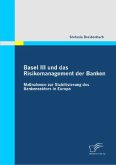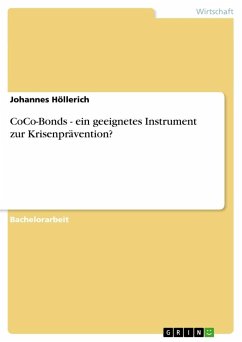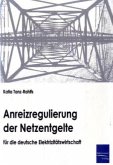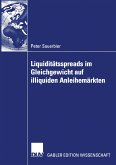The surprisingly slow process of economic transformation is a well-known but not well-understood phenomenon in economies in transition (EIT). Neither mac- economic arguing nor neoclassic micro approaches turned out to provide helpful tools in explaining the barriers to transform markets and institutions. Chuluunbaatar Enkhzaya addresses the issue of economic transformation, exemplarily by looking at the Mongolian loan market. Her methodological innovation is not only to employ the New Institutional Economy but also to operationalise the degree of institutional change. This is done by using concept mapping, besides the more standard way of interviewing. It allows to identify "action regulating knowledge" governing the decision behavior of credit officers and leading to an indirect observation of informal rules like attitude to risk, perception of supervision, social and ethic commitments. Enkhzaya adds to our understanding why the enforcement of banking regulation norms has not led to an efficient allocation of resources in EIT banking systems. Besides she gives an impressive description of the actual state of the Mongolian economy.
Bitte wählen Sie Ihr Anliegen aus.
Rechnungen
Retourenschein anfordern
Bestellstatus
Storno

